From birth to 12 weeks, breeders play a crucial role in socializing puppies to prepare them for life as well-adjusted adult dogs. Here’s a breakdown of what breeders can do during this critical period:
1. Birth to 3 Weeks: Early Stimulation
- Handling and Touching: During this neonatal period, puppies’ senses are still developing. Breeders should gently handle the puppies daily, which helps them get used to human touch.
- Early Neurological Stimulation (ENS): Breeders can use the “Bio-Sensor” or “Super Dog” program, which involves mild stressors like gently holding the puppies in different positions. This helps improve their stress tolerance, cardiovascular health, and immune system.
2. 3 to 5 Weeks: First Interactions
- Sensory Exposure: As puppies open their eyes and ears, expose them to various gentle sounds, smells, and textures (different types of bedding, low-volume music, household noises like vacuums).
- Interaction with Littermates and People: This is a critical time for learning social behavior. Ensure puppies have plenty of interaction with their littermates to practice bite inhibition and play, while also getting exposure to humans of different ages and genders.
3. 5 to 7 Weeks: Expanding Horizons
- Introduction to New Environments: Begin introducing puppies to different environments like different rooms, outdoor spaces, or new textures underfoot (grass, tile, etc.).
- Positive Reinforcement: Reward exploration and calm behavior. This is also a good time to introduce toys and objects they might encounter later (brooms, shoes, crates).
- Human Handling by Strangers: Continue introducing the puppies to various people, ensuring they meet different kinds of individuals (adults, children, elderly people) to broaden their experience with human diversity.
4. 7 to 12 Weeks: Building Confidence
- Socializing with Other Animals: If possible, expose the puppies to other well-socialized animals (like friendly adult dogs or cats) to teach them how to interact with different species.
- Short Car Rides: Introduce puppies to car travel in short, positive sessions to prepare them for future trips.
- Basic Training: Start with simple commands like “sit” or “come,” using treats and praise. This begins building the puppy’s attention span and encourages learning.
- Leash Exposure: Breeders can introduce puppies to a lightweight collar and leash, allowing them to drag the leash around to get used to the feel.
General Tips for All Stages:
- Positive Experiences: Everything should be kept positive to build confidence and reduce fearfulness. Avoid overwhelming the puppies with too many new experiences at once.
- Short, Frequent Sessions: Socialization sessions should be brief but consistent, ensuring puppies aren’t overstimulated.
- Gradual Exposure: Introduce new things gradually to avoid overwhelming the puppies. Allow them to explore at their own pace.
By 12 weeks, well-socialized puppies should be comfortable around people, various environments, and handling, setting them up for a smooth transition to their forever homes.


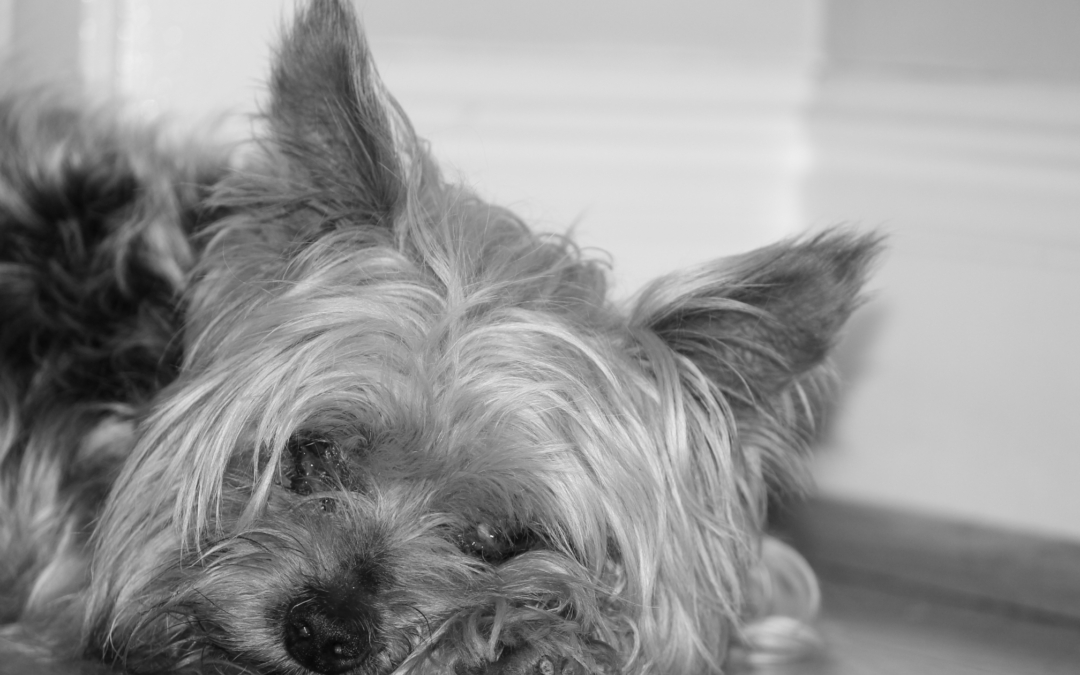
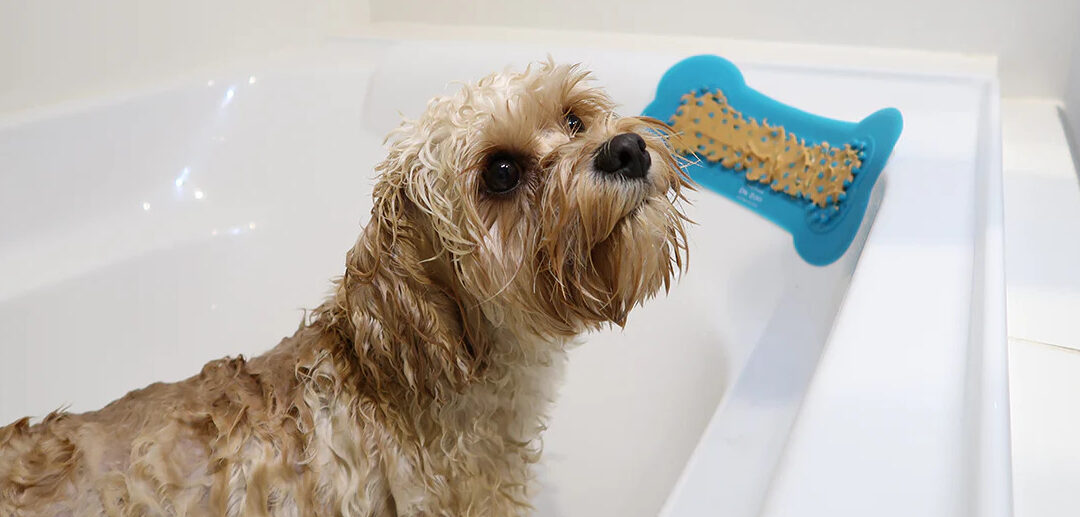

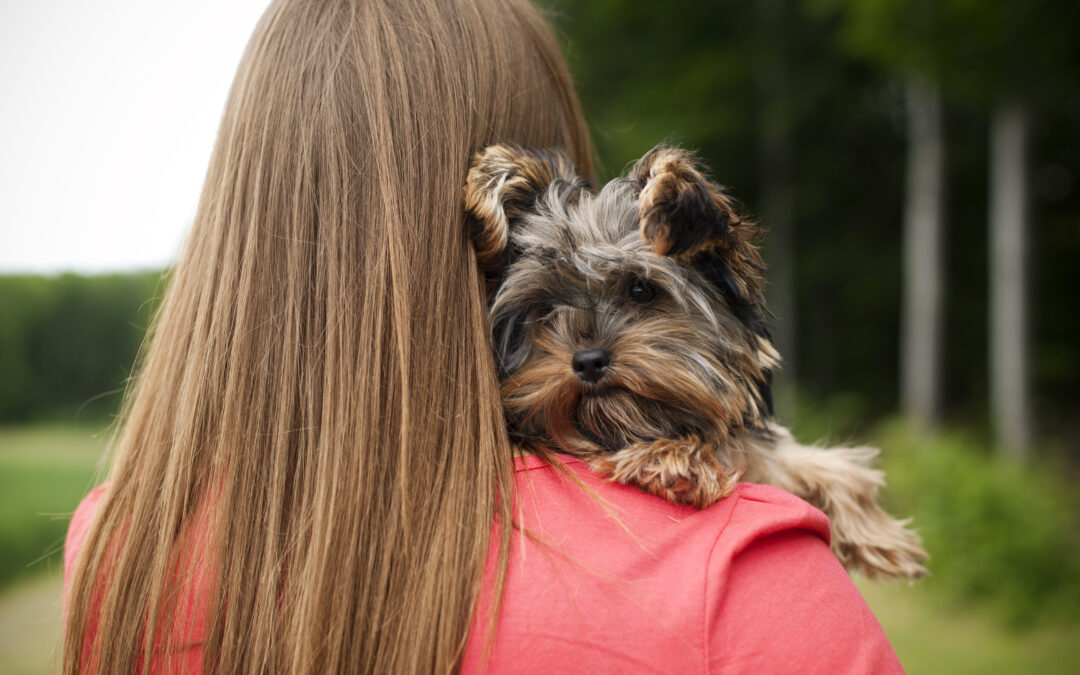
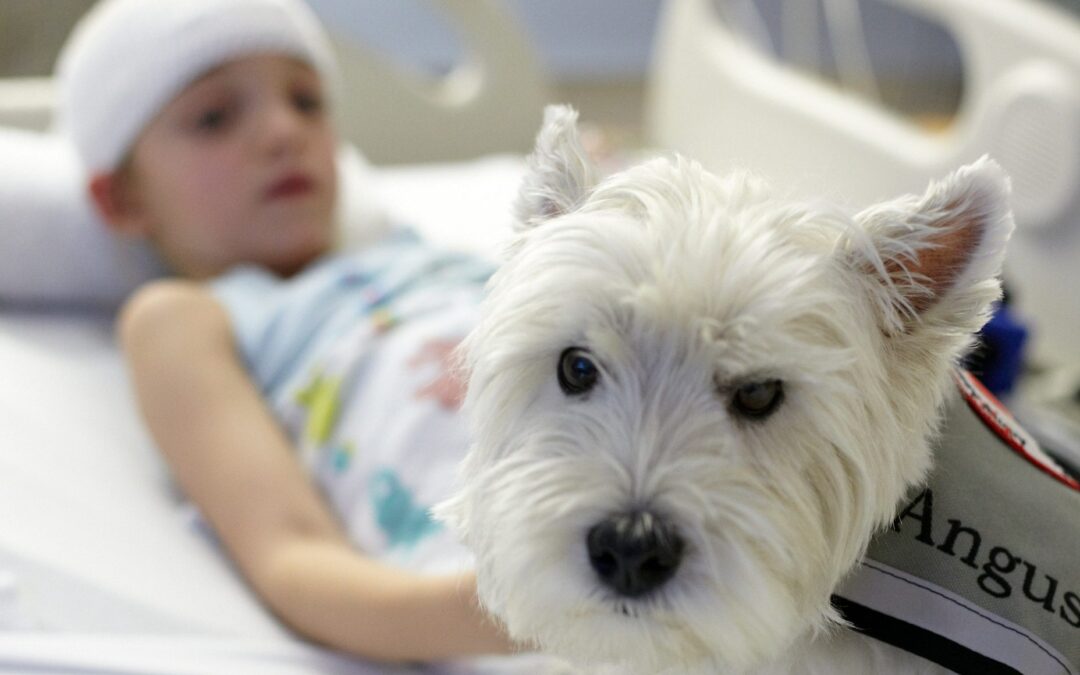
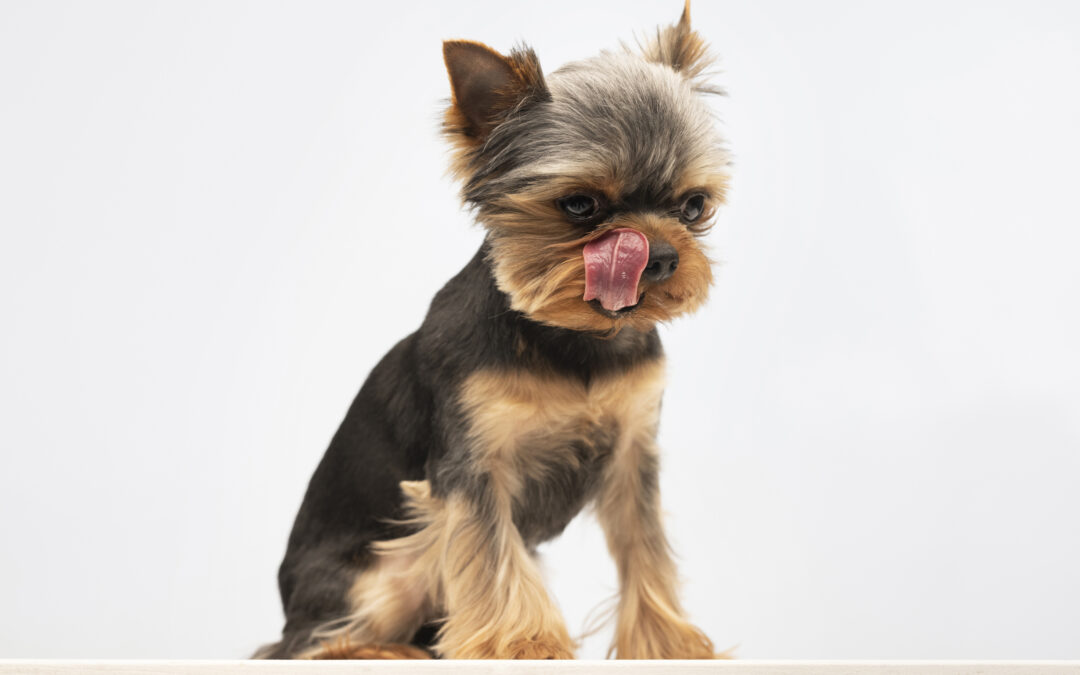


0 Comments